Plumbing problems can pop up at a moment’s notice, and leaving them unattended will only generate costly repairs. Whether you are a homeowner or renter, knowing the basic plumbing of your space will save time and spending.
Here are the top 12 plumbing tips you simply must know about. With them in mind, you can both tackle common issues independently and realise when it is time to call a professional so your plumbing fixtures can work properly down the road! Let’s dive in!
Regularly check for leaks
Check pipes, faucets and fixtures for leaks to avoid unnecessary water waste and damage. A tiny leak can grow into a much bigger issue if not addressed straight away, leading to mould and even potentially structural damage. Clean up drips quickly, and if you have a leak that won’t stop leaking, it may be time for professional help.
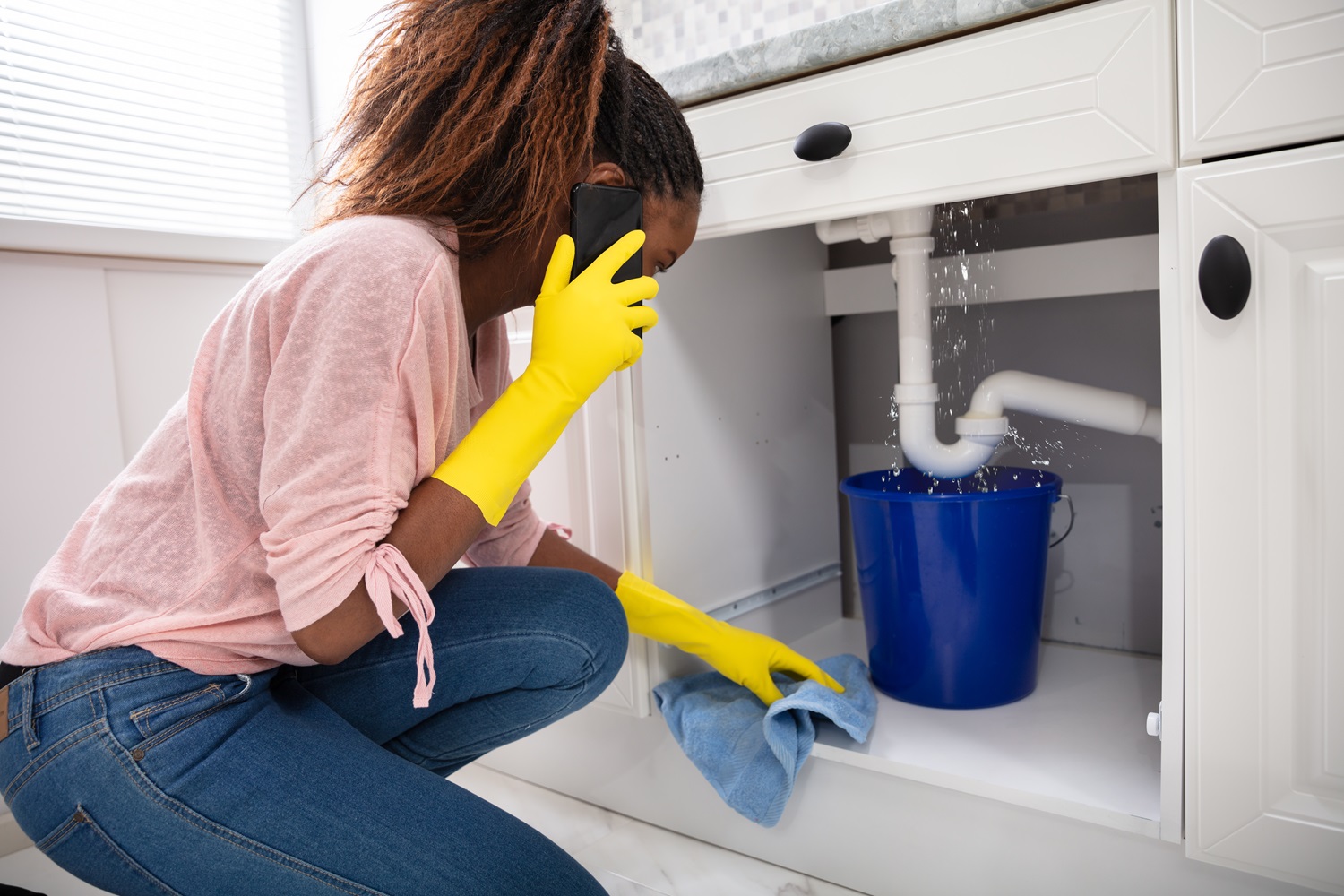
Know where your main shutoff valve is
Know where your main water shutoff is located. In case of emergencies such as when you have burst pipes, turning off the water supply can prevent flooding and severe damage. Make sure the valve is clearly labelled and all members of the household know how to turn it off.
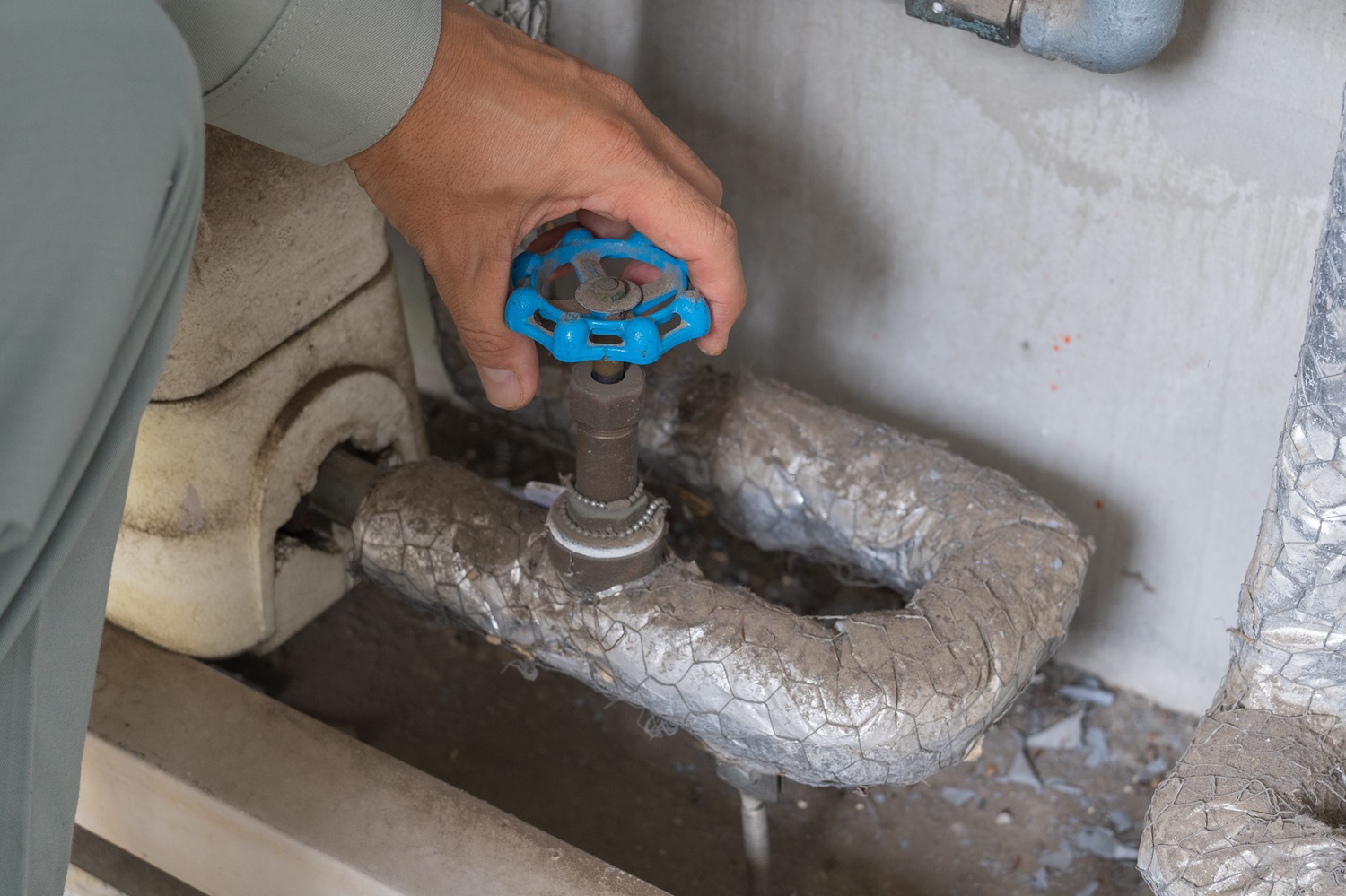
Prevent clogs with drain screens
Add drain screens to your sinks and showers so you trap that dirt, including hair, food particles from the kitchen sink or soap scum. This simple step can help protect you from clogs in your plumbing. They do need to be washed out every so often, though, if you want to maintain their effectiveness and keep water flowing smoothly.
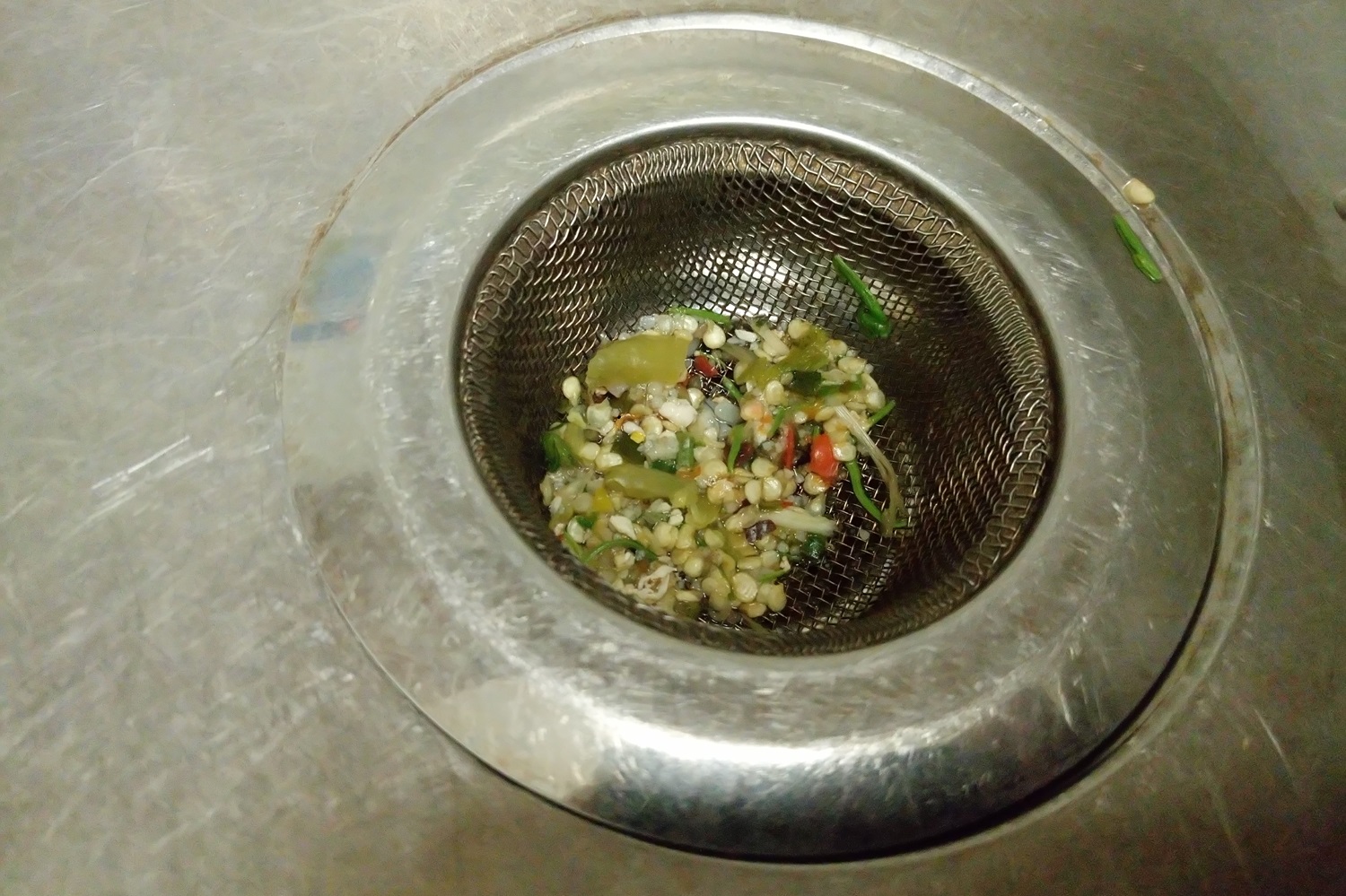
Avoid pouring grease down the drain
When poured down your sink, the grease and fat cool off in the pipe, causing an obstinate blockage. After it cools, throw the grease away in a trash can rather than down the drain. Consider using grease traps or pouring in hot water and dish soap to dissolve any leftover oils.
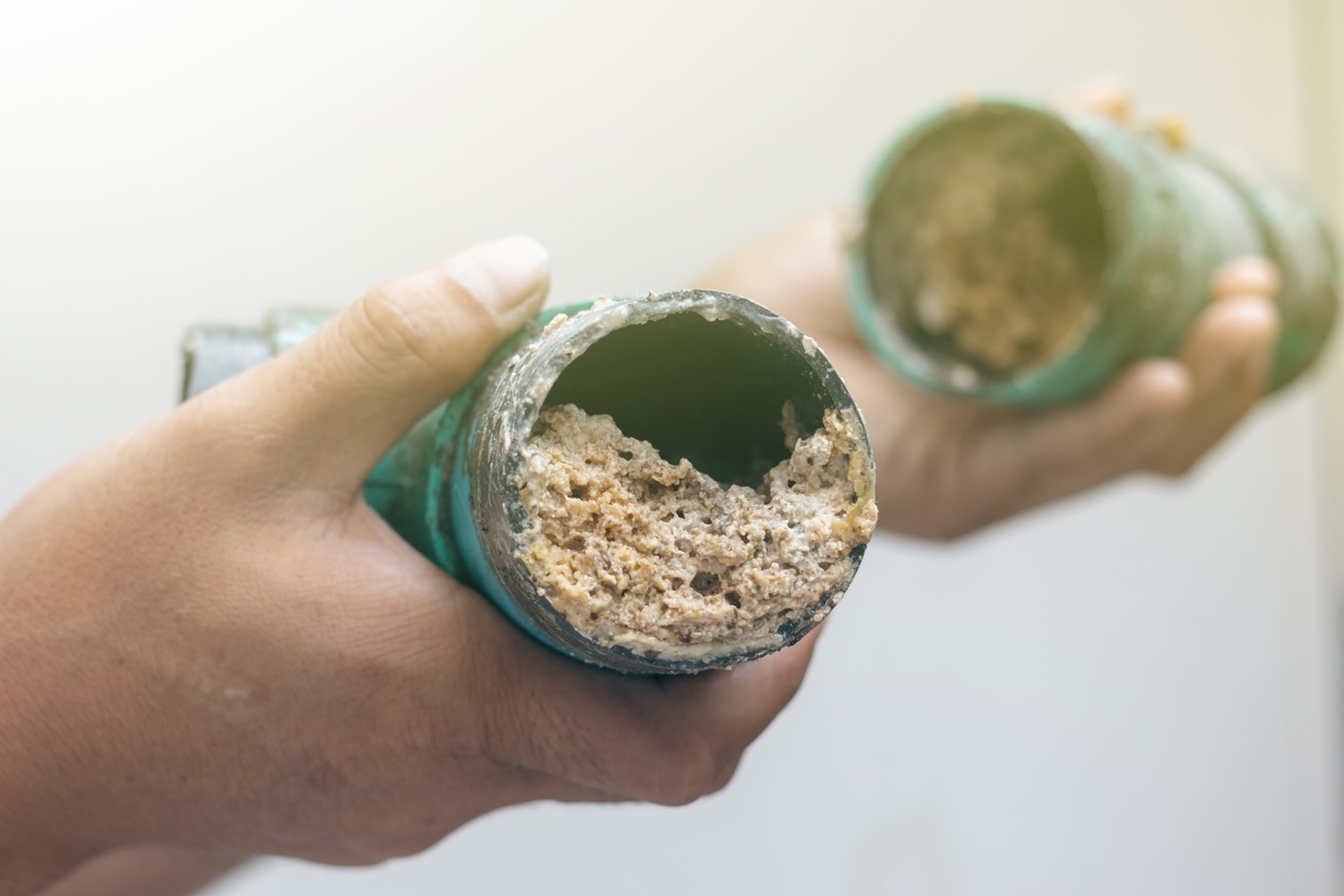
Use baking soda and vinegar for natural drain cleaning
Over time, chemical drain cleaners may cause pipes to deteriorate. Instead, pour a mixture of baking soda and vinegar to dissolve blockages. You can pour half of a cup of both down the drain and then follow it with boiling water regularly to prevent minor clogs so that your pipes will be kept clean.
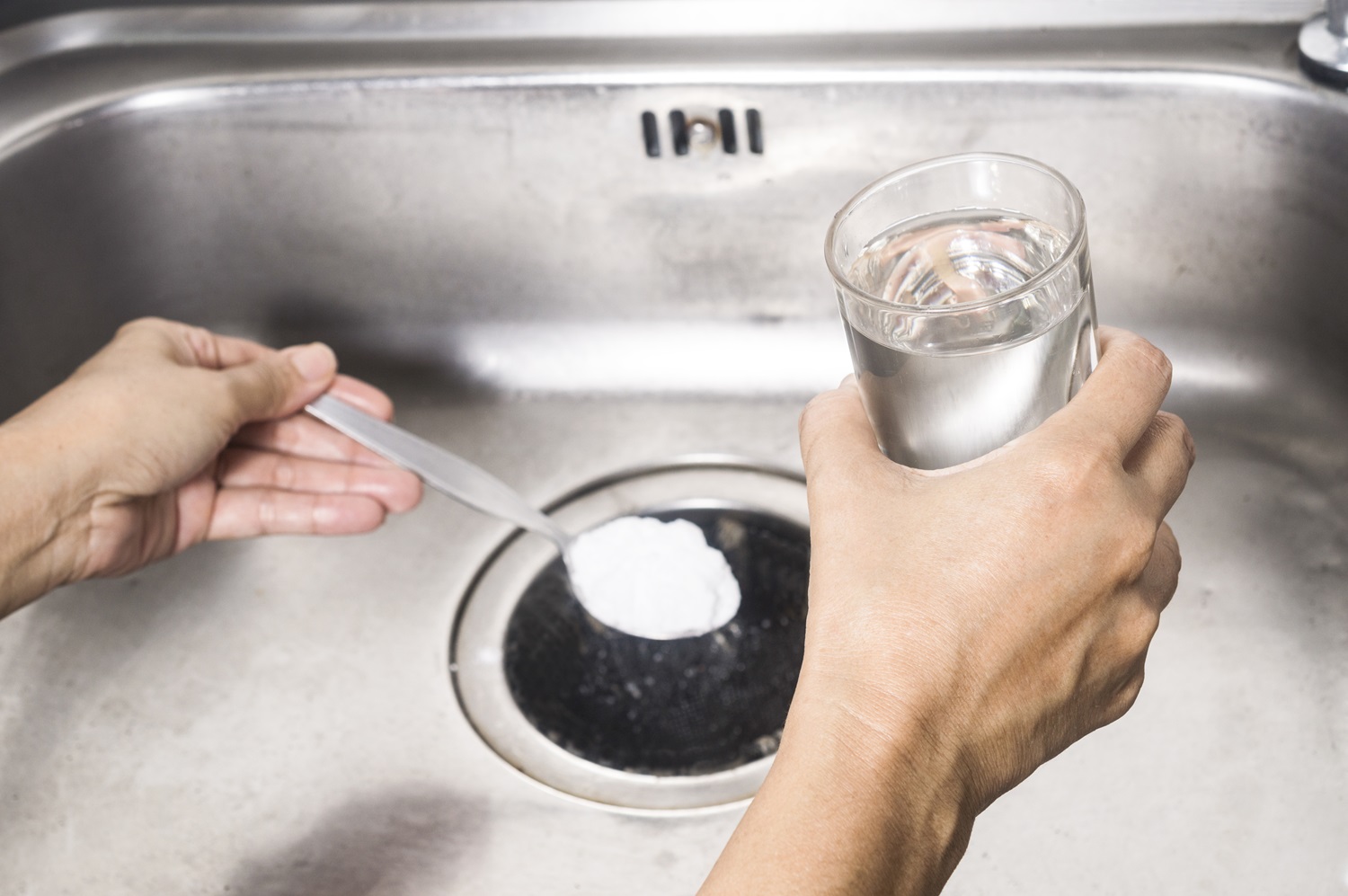
Insulate pipes in cold weather
You should always insulate any exposed pipes to help prepare for the cold winter. This is even more crucial in unheated areas like basements or attics. Pipe insulation or heat tape can insulate the pipe and save you when a frozen, damaged pipe can no longer flow water. If you want to avoid further issues, then slightly letting the faucets drip will often prevent freezing during more severe cold weather.

Check water pressure regularly
High water pressure can strain your plumbing system, causing leaks and damaging appliances. Use a pressure gauge to check the water pressure. If it’s above 60 psi, consider installing a pressure regulator to protect your pipes and maintain the longevity of your plumbing system.
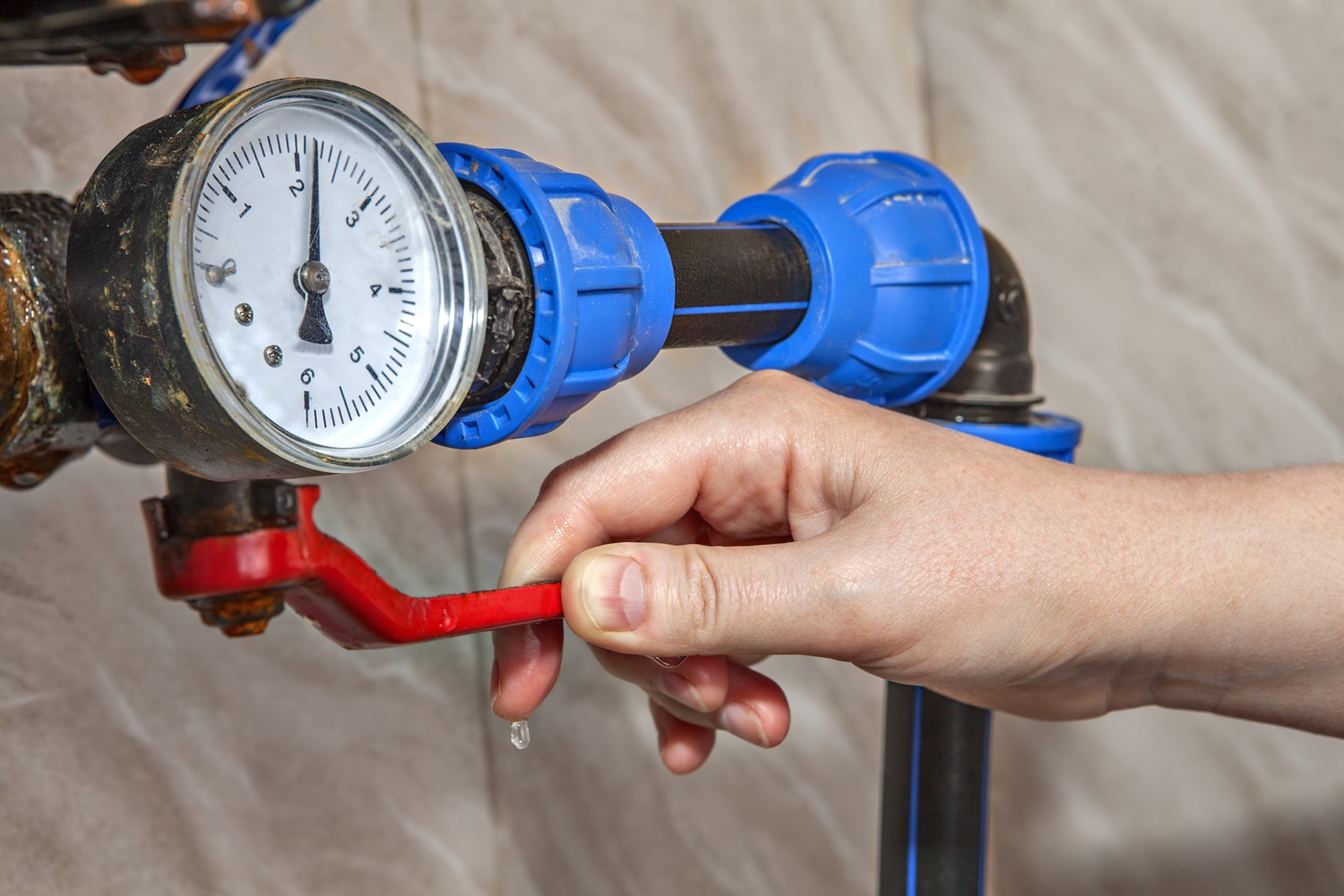
Use a plunger correctly
A plunger is a critical tool for getting rid of relatively small blocks in the tub and also in sinks or toilets. Press the plunger down securely to create a seal around the drain, and pull it up with a lot of hard force. Some tougher clogs may need a special plunger designed specifically for a toilet or sink drain.
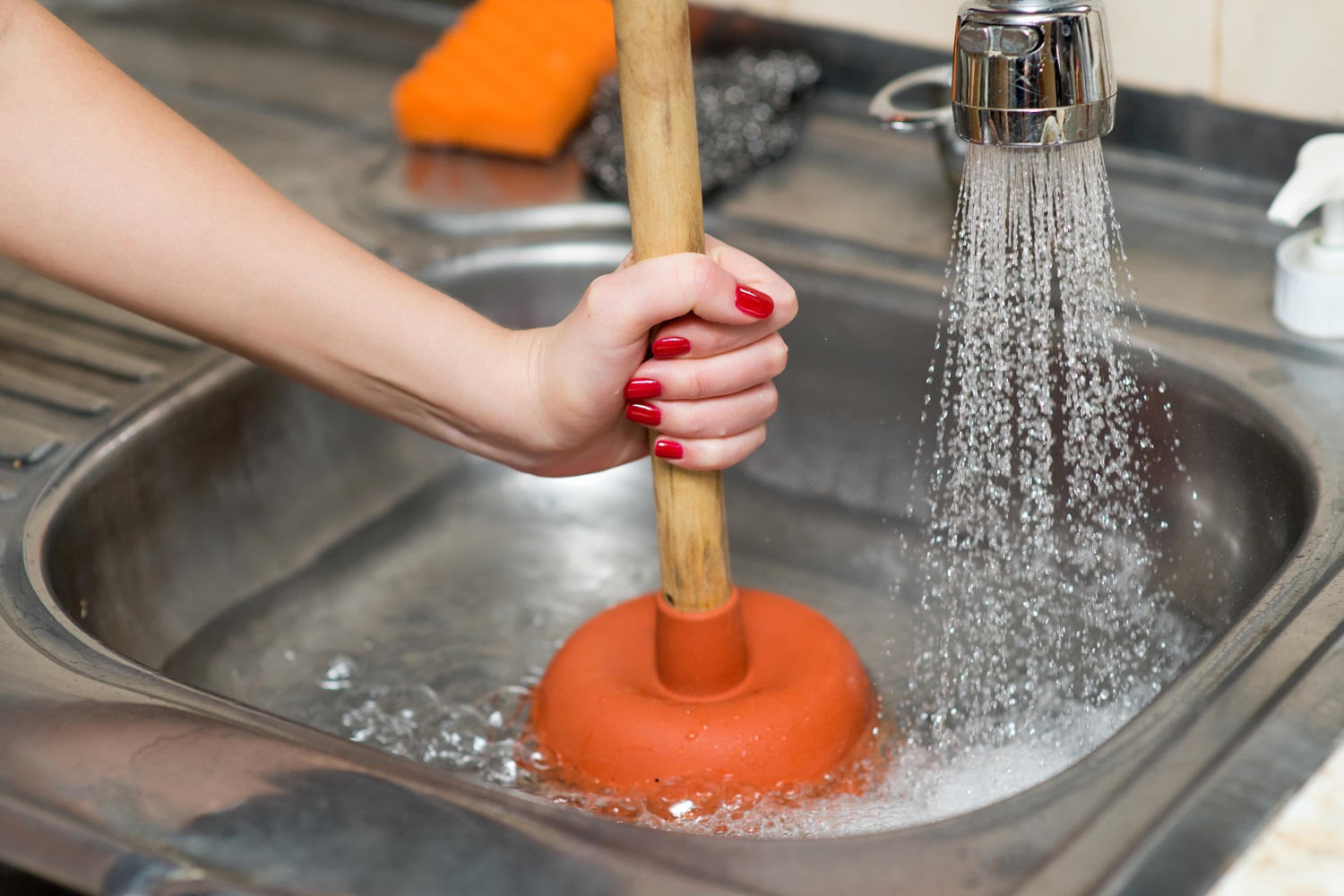
Maintain your water heater
Flush the tank on your water heater once per year to keep it running at its most efficient and prevent sediment buildup. This makes the heater last longer and perform better. Additionally, verify that your heater has the correct temperature setting and that it is not too high, or you will have wasted energy, which might even cause burning.
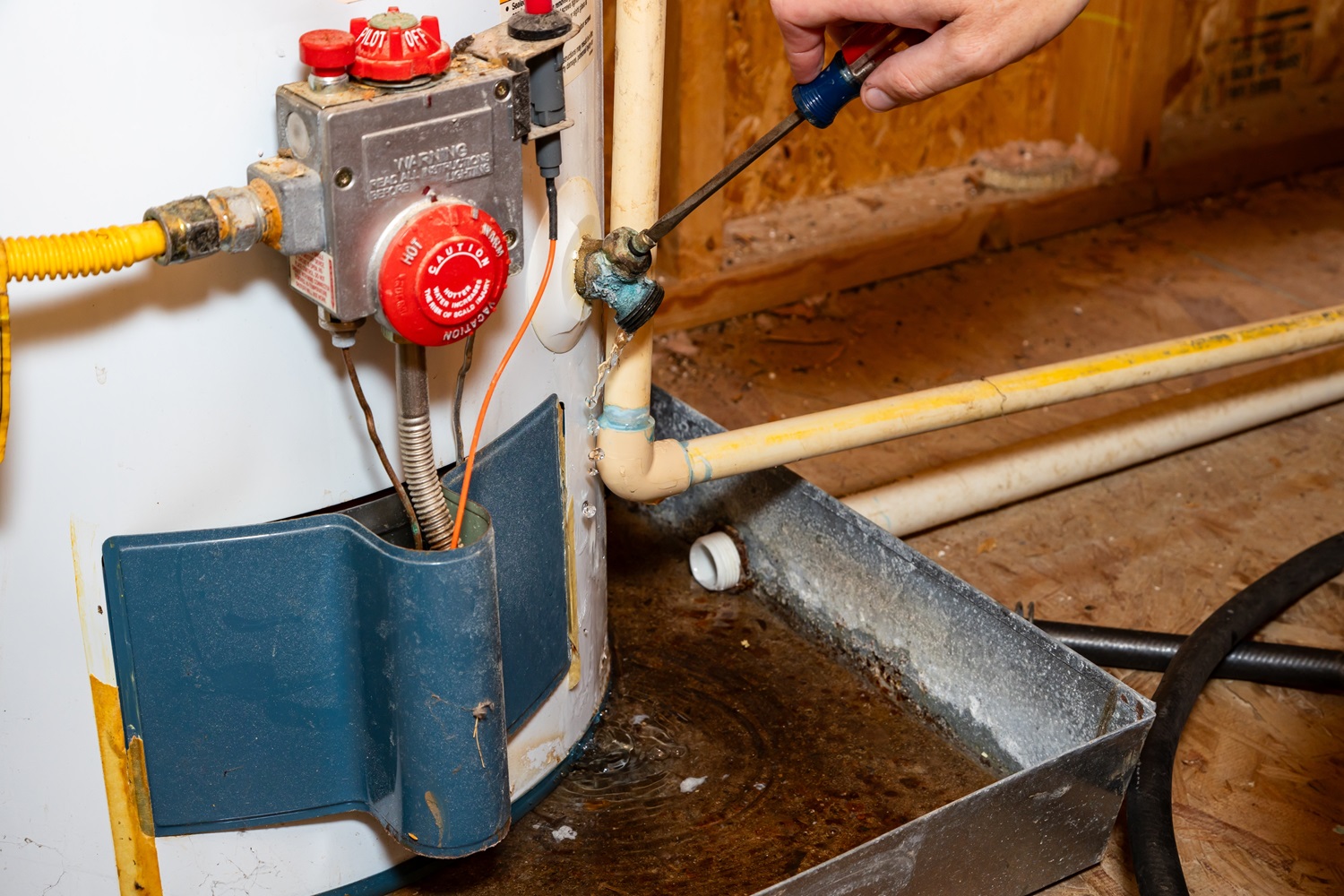
Avoid flushing non-flushable items
Toilets are built to flush human waste and toilet paper only. Never flush items such as wipes, sanitary products or paper towels, which can cause obstructions in the pipes and sewer system. A trash bin in the bathroom can help you safely get rid of these items and prevent them from causing plumbing problems.
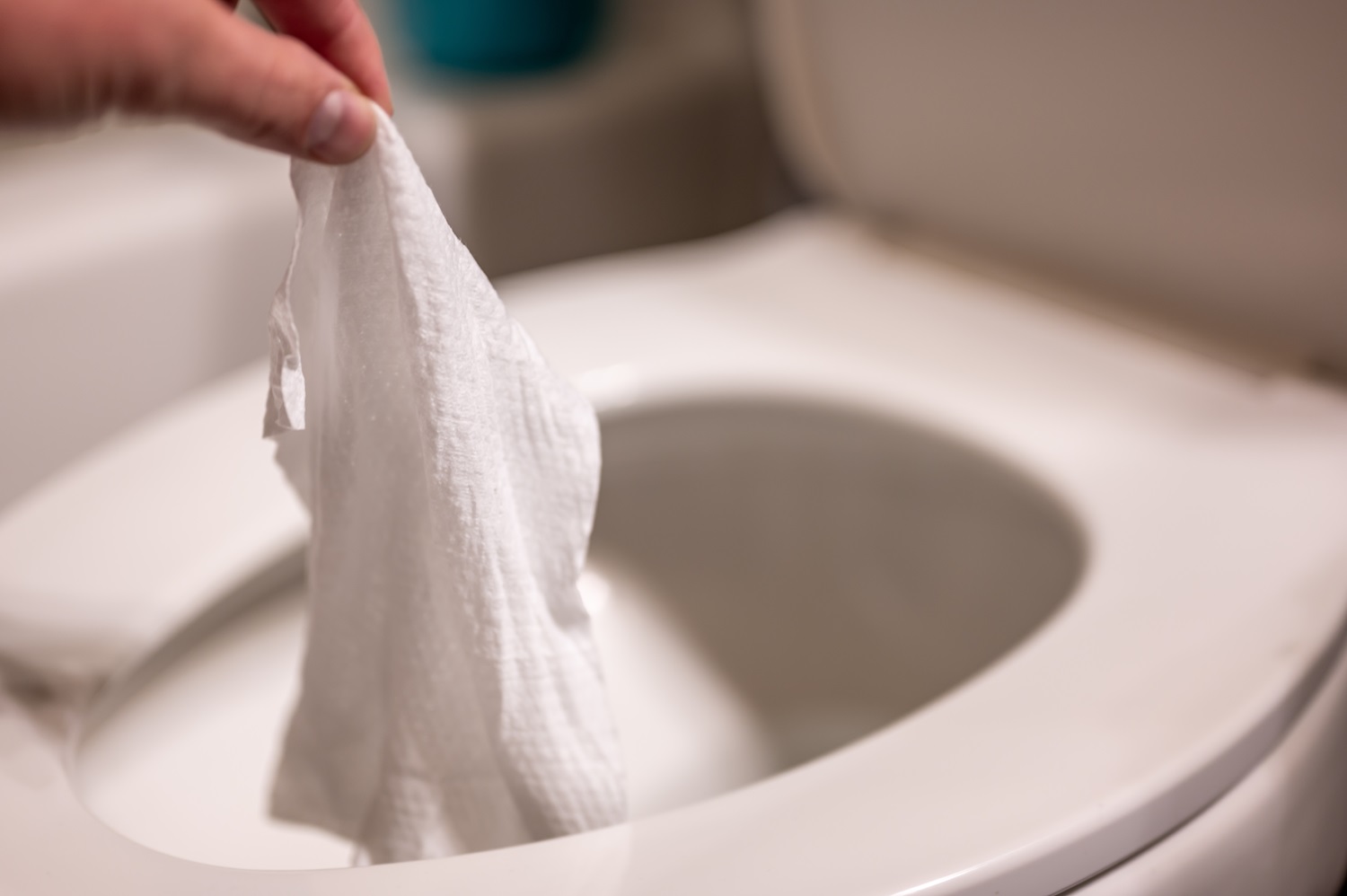
Fix running toilets promptly
A running toilet can waste a significant amount of water daily. Check the flapper valve to ensure it seals properly, and adjust the float arm if necessary. Replacing worn-out parts can easily resolve the issue and save water without needing to call a plumber.

Know when to call a professional
There might be times when a DIY fix just won’t work, especially when it comes to plumbing. If you deal with chronic issues such as frequent clogs or have low water pressure caused by a major leak, then it is vital to call expert plumbing services. Their tools and experience allow them to identify problems that you probably never will, but that have the potential to become more serious.
They will keep your plumbing system from developing further damage, which will save you time and money in the long run. Contact SD Plumbing & Heating today to prevent a small problem from turning into a larger disaster. Our team of experts are equipped to deal with any plumbing issue that might arise.
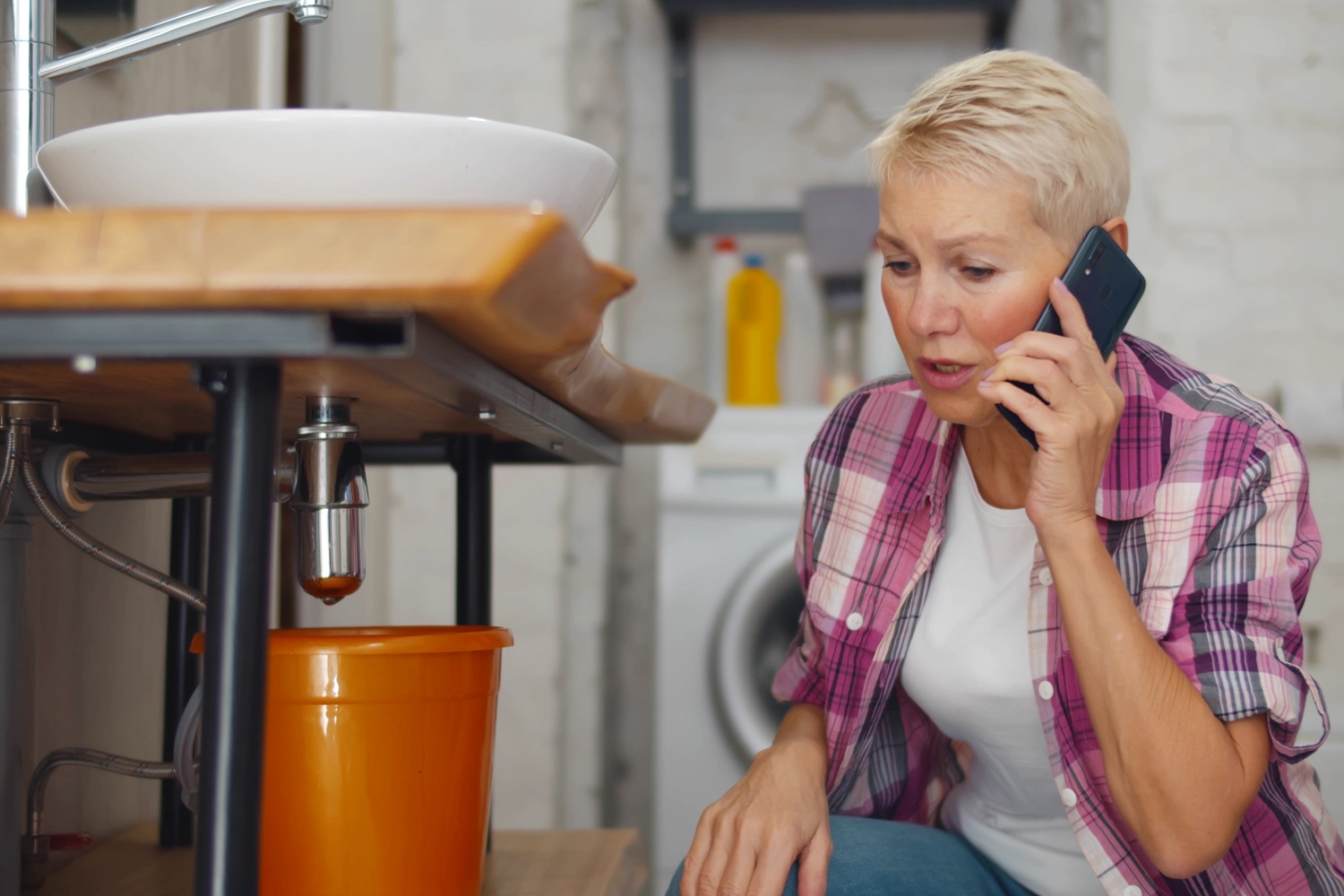
Summary
In summary, maintaining a healthy plumbing system is essential for any homeowner or renter. By implementing these top 12 plumbing tips, you can effectively prevent common issues such as leaks, clogs, and water pressure problems. From regularly checking for leaks to knowing when to call a professional, these practical insights empower you to take control of your plumbing maintenance.
Remember, while DIY fixes can address many minor concerns, some situations require the expertise of a professional plumber. For any plumbing challenges you can’t handle alone, don’t hesitate to reach out to SD Plumbing & Heating for reliable and efficient service.
